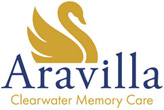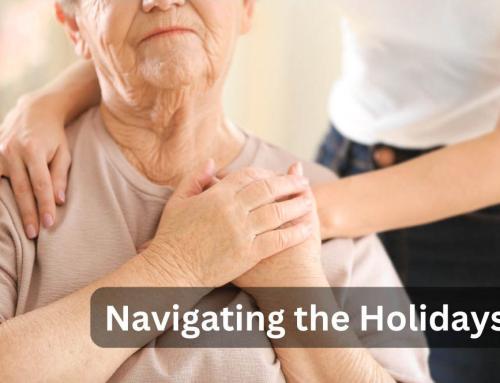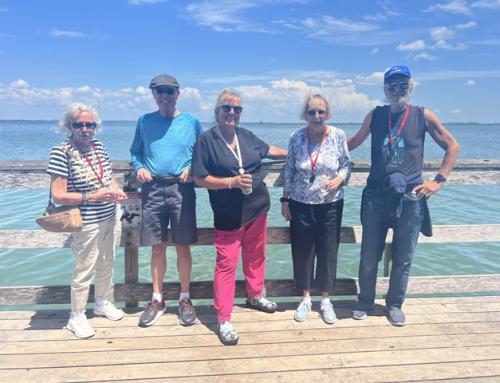
Our loved ones undoubtedly change as they age. Maybe the firebrand of the family mellows. Maybe the inexhaustible go-getter seems happier being a bit of a homebody. We can chuckle at these changes over time. But when a loved one develops memory issues that lead to worries about their safety, it’s time to take action.
Technology to the rescue!
There are many wonderful technological advances that enable us to keep an eye on our home and its inhabitants while we’re away, but are you familiar with wayfinding technology?
You may be thinking of the tech in your smartphone or watch that tracks your location on a run—and can help you locate your car in an unfamiliar parking garage.
But wayfinding technology also has applications in the medical field, including memory care.
Wayfinding technology improves patient experience by giving them a feeling of security along with complete freedom to move around. These handy gadgets can do much more than simply measuring their location, including evaluating their gait, and allow a less intrusive approach to health care for seniors.
For individuals residing in cutting-edge memory care communities like Aravilla Clearwater Memory Care, their wayfinding tech is embedded in a wearable, a watch. We use the very latest innovation in senior care, CarePredict, because we believe your loved one deserves the premier product. CarePredict is unique because it provides AI-driven health and wellness insights, proactive alerts of potential health issues, wander management, resident assist alerts—and even RFID electronic lock access, so your loved one will never worry about losing a key again.
As your Mom or Dad settles in at Aravilla, their watch will note their usual patterns, like what time they sleep, use the bathroom, have their breakfast or take naps. Then if their patterns change—even subtly, like sleeping or walking less—our medical staff can stay ahead of emerging health issues such as urinary tract infections or depression, apathy or stress.
We mentioned that wayfinding technology can also evaluate their gait, or the way someone walks. Updates about your loved one’s gait can help our medical team identify and treat sensory or motor impairments, osteoarthritis or skeleton deformities and other conditions that may lead to respiratory, obesity or heart failure.
The watch reports these irregularities so that they can be attended to as soon as possible. For example, physical therapists can be scheduled and assistive devices such as a walker or cane can be secured to prevent accidents and falls.
And your loved one may be delighted to know that, just like old-school comic book heroes, their watch includes a two-way wrist radio to allow them to talk to the nurses! Holy healthcare, Batman!
If you want to learn more about the cutting-edge options in memory care that we offer for your loved one’s safety, security and well-being please contact us.



